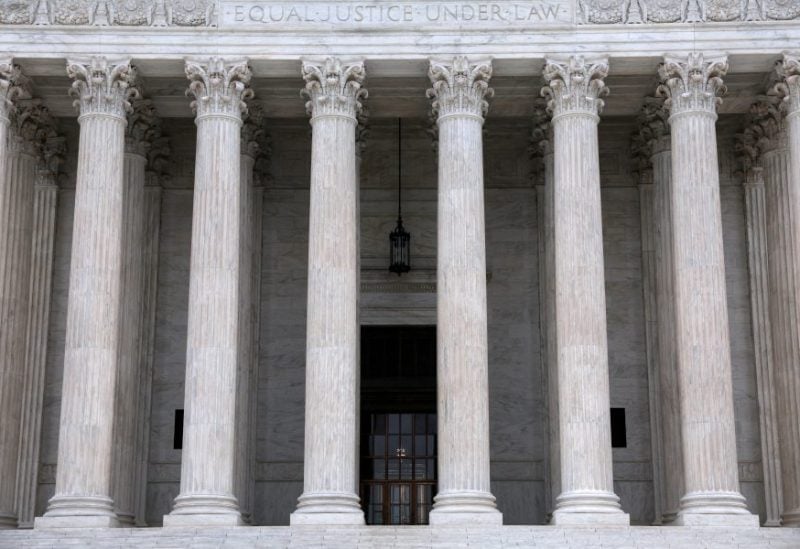Court to Weigh State Laws Constraining Social Media Companies
Introduction
In recent years, the regulation of social media platforms has become a contentious issue, with states attempting to pass laws that restrict the ability of these companies to moderate content on their platforms. The U.S. Supreme Court has now agreed to weigh in on the legality of state laws in Texas and Florida that aim to constrain the content moderation practices of social media companies. This article will delve into the details of these cases, the arguments put forth by both sides, and the potential implications for the future of content moderation on social media platforms.
Background
The two cases that the U.S. Supreme Court will review involve state laws in Texas and Florida that were passed in 2021. These laws aim to limit the ability of social media companies to moderate content on their platforms. The Texas law prohibits social media companies with at least 50 million monthly active users from “censoring” users based on their viewpoints. It also allows users or the Texas attorney general to sue companies that violate the law. The Florida law requires large platforms to host certain types of speech that they might otherwise choose to remove.
Arguments for and Against
Supporters of these laws argue that social media platforms have engaged in censorship and have silenced conservative voices in particular. They believe that these laws are necessary to ensure that all viewpoints are given equal treatment on these platforms. On the other hand, advocates for content moderation argue that these laws infringe upon the First Amendment rights of social media companies. They assert that private websites should have the discretion to moderate content as they see fit in order to combat misinformation and the spread of extremist ideologies.
Industry Groups and Lower Court Decisions
The industry challengers to these laws are NetChoice and the Computer & Communications Industry Association (CCIA). These industry groups represent companies such as Facebook, Google, TikTok, and Twitter. They argue that these state laws violate the First Amendment protections for freedom of speech. Lower courts have been divided on the issue, with key provisions of the Florida law being struck down while the Texas law has been upheld.
The Supreme Court’s Decision
The Supreme Court’s decision to review these cases is seen as a significant step towards resolving the ongoing debate surrounding the regulation of social media platforms. The court will have the opportunity to determine whether these state laws are constitutional and whether they infringe upon the First Amendment rights of social media companies. This decision will have far-reaching implications for the future of content moderation on these platforms.
Implications for Social Media Platforms
The outcome of these cases could have significant implications for social media platforms and their ability to moderate content. If the Supreme Court upholds these state laws, it could limit the discretion of these platforms to remove objectionable content, potentially leading to an increase in the spread of misinformation and extremist ideologies. On the other hand, if the court strikes down these laws, it would affirm the ability of social media companies to moderate content on their platforms according to their own guidelines.
The Role of the Biden Administration
The Biden administration has weighed in on these cases, arguing that the state laws burden the rights of social media companies and merit review by the Supreme Court. The administration asserts that when social media platforms select, edit, and arrange third-party speech for presentation to the public, they are engaging in protected First Amendment activity. The administration’s position aligns with the industry groups challenging these laws and advocating for the right of social media companies to moderate content.
Public Opinion and Political Dynamics
The regulation of social media platforms is a highly politicized issue, with opinions often falling along partisan lines. Conservative critics of “Big Tech” companies argue that these platforms have unfairly targeted conservative voices for censorship. On the other hand, proponents of content moderation emphasize the need to combat the spread of false information and extremist ideologies. The Supreme Court’s decision in these cases will undoubtedly have political implications and may shape future legislative efforts to regulate social media platforms.
Conclusion
The U.S. Supreme Court’s decision to review state laws that seek to constrain the content moderation practices of social media companies will have significant implications for the future of these platforms. The court will have the opportunity to determine whether these laws violate the First Amendment rights of social media companies or whether they are necessary to ensure equal treatment of all viewpoints. The outcome of these cases will shape the landscape of content moderation on social media platforms and may influence future regulatory efforts in this space.




